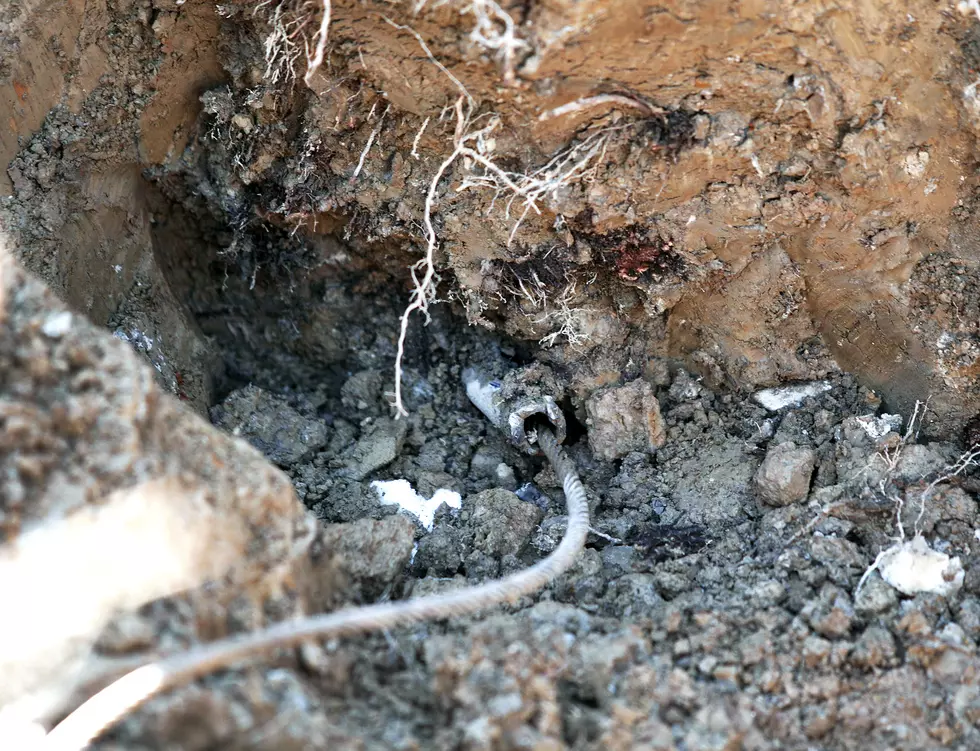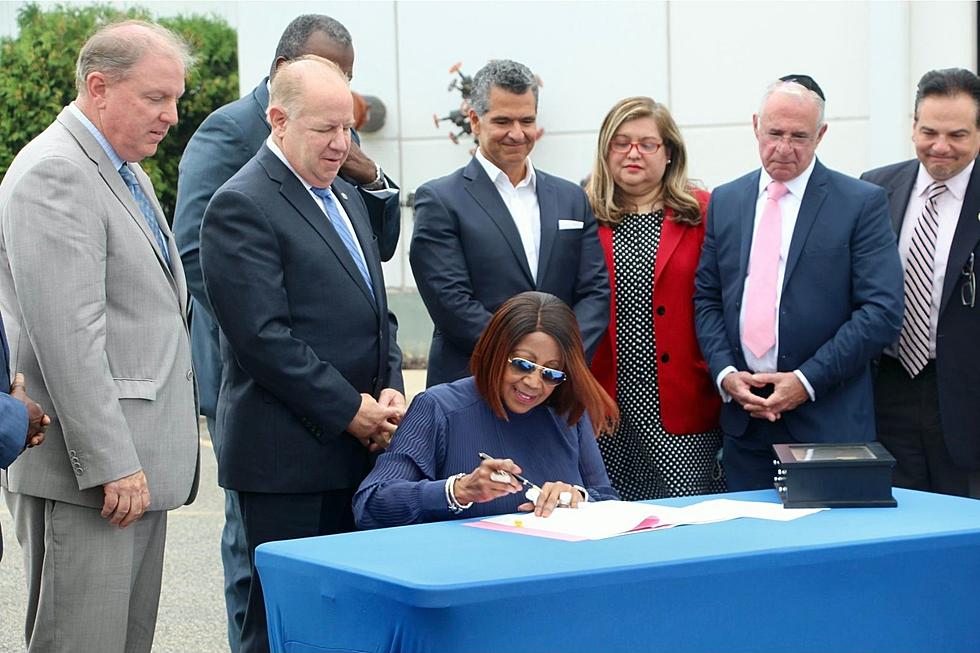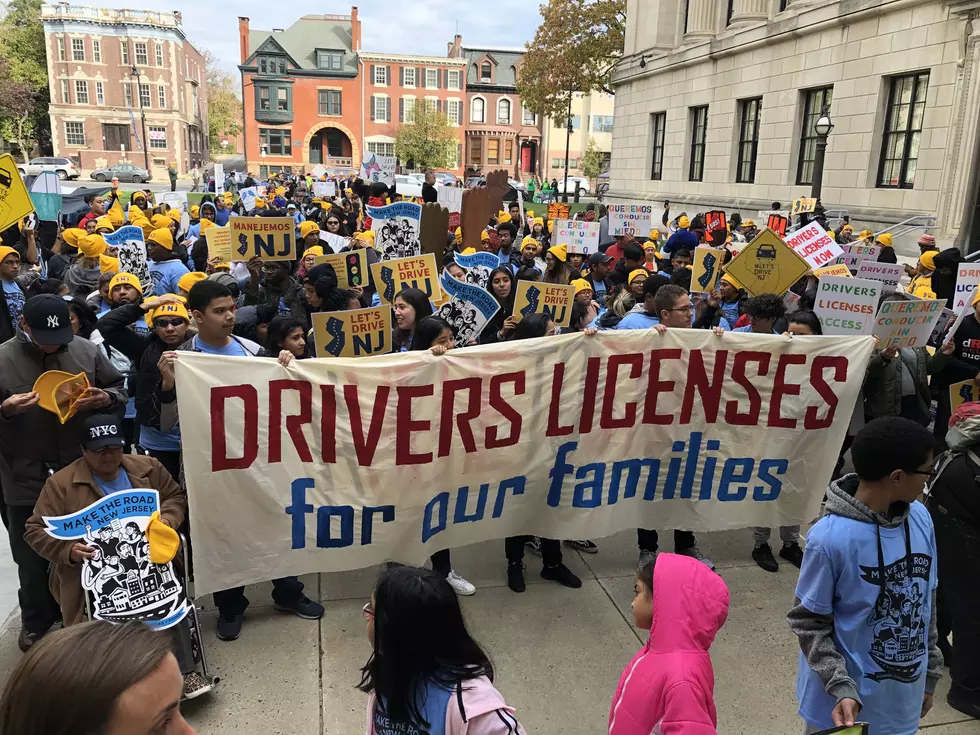
NJ’s Water Pipe Goal: Replace All Lead Service Lines in 10 Years
TRENTON — Water utilities would have 10 years to replace all lead service lines in New Jersey, though that would be a soft deadline, under legislation advanced Monday by an Assembly committee.
The bill would require water systems to submit initial counts of lead water pipes within two months of the proposed law’s enactment. It would have to plan to replace 10% of them a year and finish within 10 years, though utilities would be allowed to take 15 years if necessary.
Assemblyman Gary Schaer, D-Passaic, said the bill marks “the opportunity to actually solve what has become a monumental crisis in each one of our municipalities.”
“For these communities, lead exposure is the silent epidemic that has never warranted a bold and unified response – until today,” Schaer said. “All of this irreversible harm is preventable, if we have the political will to accomplish it.”

“This is a step in the absolute right direction for all,” said Assemblyman Rob Karibinchak, D-Middlesex.
The bills advanced in unanimous votes and were applauded by Zoe Baldwin, director of government affairs and communications for the Utility & Transportation Contractors Association.
“Although banned from use in the late 80s, lead pipes continue to be a major public health issue in communities across our state,” Baldwin said. “And while mitigation technologies such as corrosion control can certainly help lessen exceedances in water, they’re far from perfect, addressing the symptom of the contamination, not the source.”
The cost for the upgrade would be spread among all the customers of private utilities, which would be directed to propose an increase in its next general rate case proceeding before the state Board of Public Utilities. The utilities wouldn’t be allowed to make a profit from the pipe replacements.
Costs incurred by government-owned utilities could be spread among all of a system’s customers or assessed to single properties as local improvements, under an amendment to the bill approved Monday.
Environmental advocates said they support the bill but that it could be made stronger, in part by prohibiting costs for the line replacements from being assessed to specific customers.
“And the reason for that primarily is two things,” said Gary Brune, senior policy manager for New Jersey Future. “The program’s success is tied to customer participation in this program, and what we find is that there’s also severe environmental justice and health equity concerns.”
“Even amongst wealthy households, a third of the households do not opt in,” said Doug O’Malley, director of Environment New Jersey. “And then when you move down to households lower on the economic scale, you had 80% of the households didn’t opt in. That’s a huge issue.”
O’Malley said that affects both equity and cost. He said the lead water pipe replacement project in Newark is progressing effectively because it goes block by block without skipping properties.
“When we’re talking about reaching that 10-year timeline, we should be thinking about making sure we’re reducing the cost so we don’t have to do a block once, twice, three times,” O’Malley said.
Brune said NJ Future is “particularly supportive” of requiring the work to be done on a 10-year timeline, rather than 20 years as called for in the original bill.
“The faster we do this the better, accelerating the public health benefit,” Brune said.
A second bill advanced by the Assembly Special Committee on Infrastructure and Natural Resources removes restrictions on special assessments and bond issuances for replacement of residential lead service lines imposed under a 2018 law that is discouraging such work from proceeding in some cases.
COVID relief for NJ municipalities: How much is your town getting?
MORE: Some of the Memes & Tweets That Have Made Us Laugh (and Maybe Think)
More From WPG Talk Radio 95.5 FM










